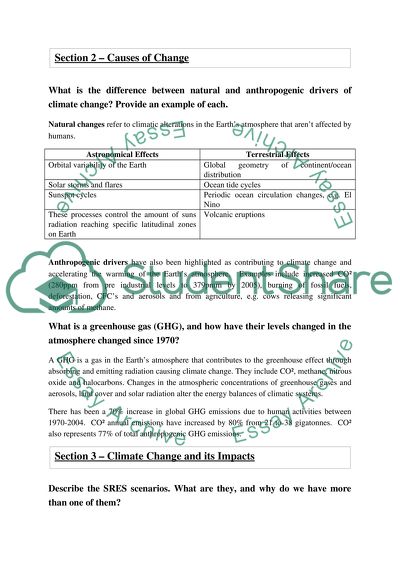Cite this document
(“Climate Change Essay Example | Topics and Well Written Essays - 1000 words”, n.d.)
Retrieved from https://studentshare.org/environmental-studies/1416392-climate-change
Retrieved from https://studentshare.org/environmental-studies/1416392-climate-change
(Climate Change Essay Example | Topics and Well Written Essays - 1000 Words)
https://studentshare.org/environmental-studies/1416392-climate-change.
https://studentshare.org/environmental-studies/1416392-climate-change.
“Climate Change Essay Example | Topics and Well Written Essays - 1000 Words”, n.d. https://studentshare.org/environmental-studies/1416392-climate-change.


